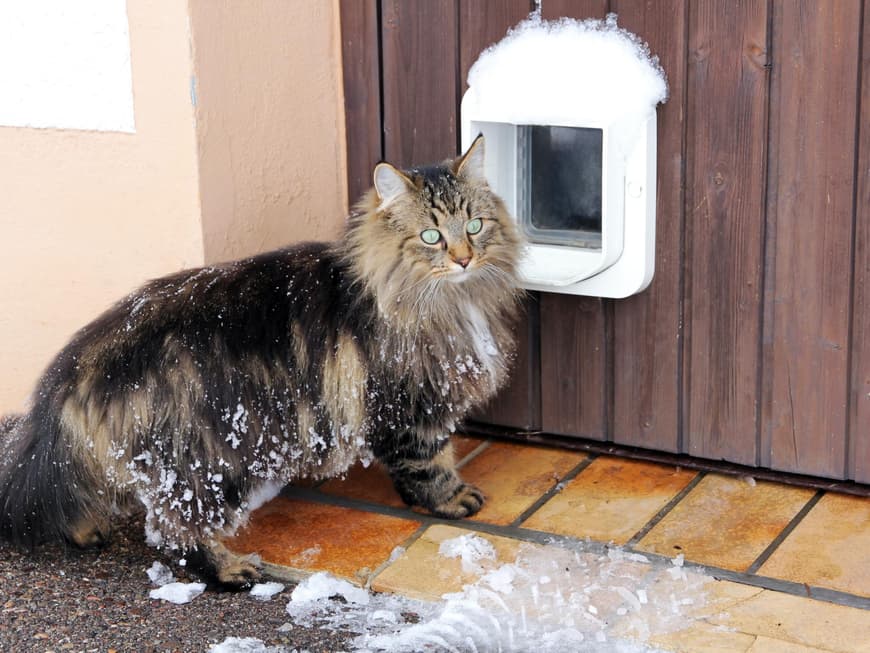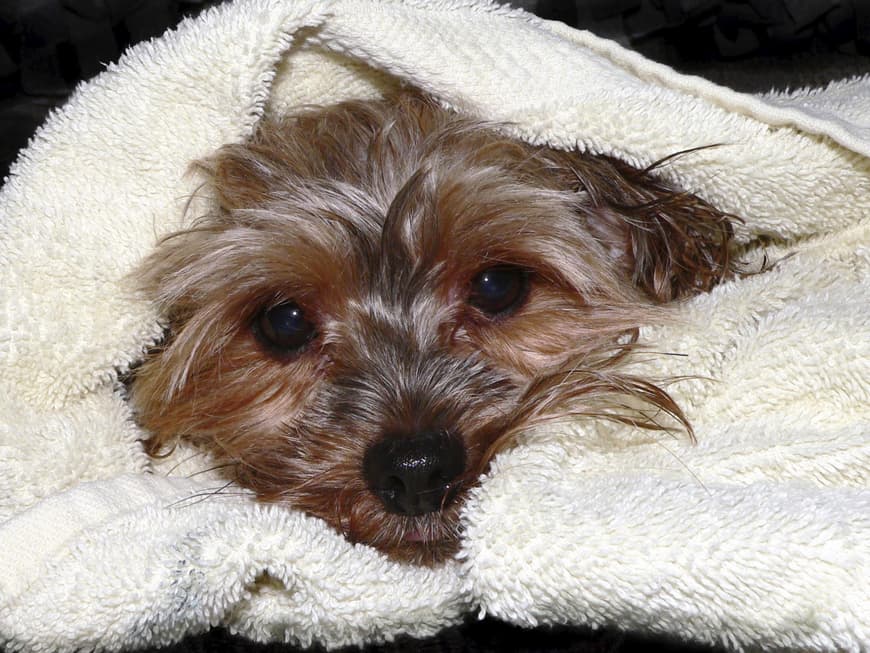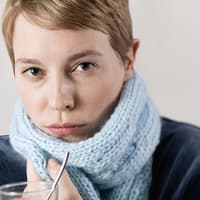Dogs should not eat snow
Especially when it is wet and cold outside, you should not walk your dog for too long . A cold that affects pets can have serious consequences, especially for weaker animals! It is better to take several short walks. Dog coats are not necessary for normal breeds, as their fur serves as natural thermal protection - but they are definitely useful for very small, sick or old dogs. If your pet gets wet, you should rub it dry with a towel after the walk. Rinse off road salt and lumps of ice with water. If dogs eat snow, this can irritate the stomach lining and lead to inflammation. If your four-legged friend can't keep it down, bring it indoors.
Keep cats indoors in sub-zero temperatures
Velvet paws like to go outside. However, especially in winter, they should always be able to get back into the dry to warm up. The best solution is a cat flap. If you cannot install this, for example because you live in an apartment building, it is better to leave the cat inside when it is below zero degrees. Always dry wet fur well.
Keep small animals away from draughts
Draughts are particularly dangerous for small animals. A cold can even cost small pets their lives! With budgies, make sure that the cage is not directly in front of the window - the airflow can cause colds and conjunctivitis. Guinea pigs that live outside can spend the winter in outdoor enclosures. Insulate the hutch with polystyrene and pad it with straw. However, if it is below freezing at night, it is better to bring the little ones inside.








